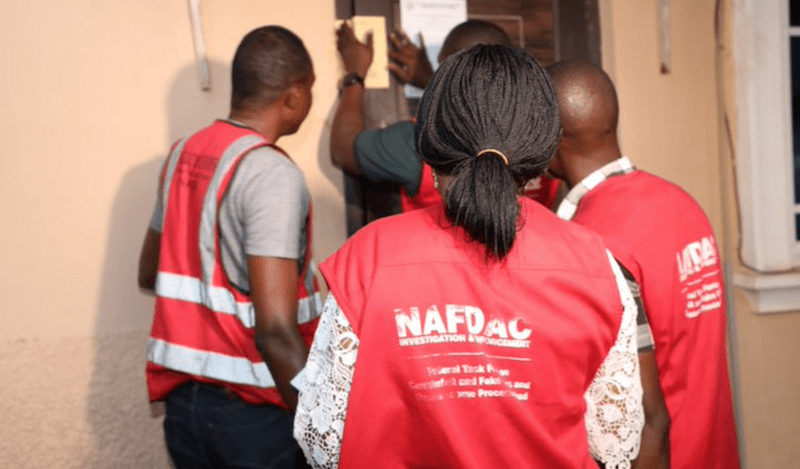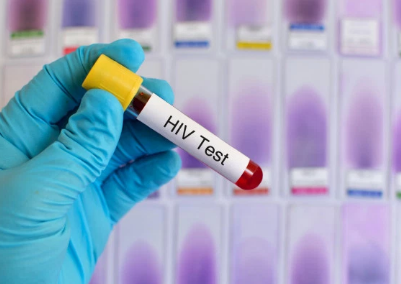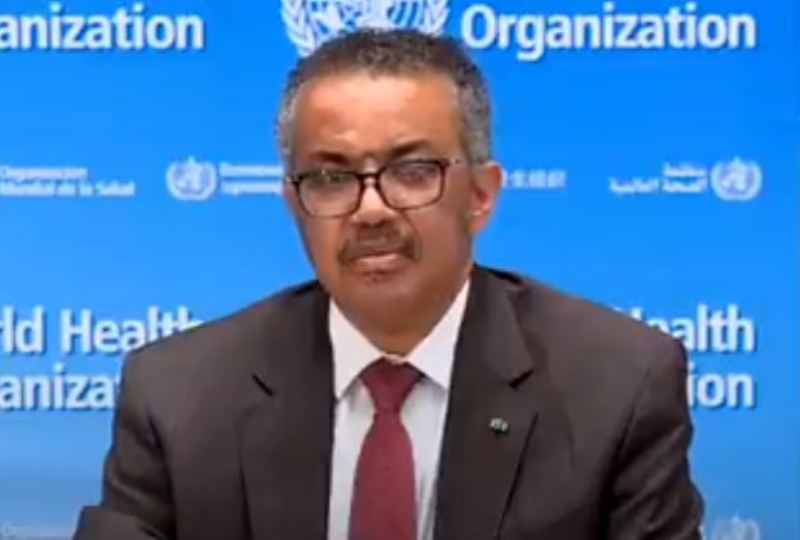The World Health Organisation (WHO) said more than one billion people are living with mental health disorders according to a new data released.
The organisation said in a statement on Tuesday that the conditions are anxiety and depression, inflicting immense human and economic tolls, adding that the services require urgent scale-up.
”While many countries have bolstered their mental health policies and programmes, greater investment and action are needed globally to scale up services to protect and promote people’s mental health.
”Mental health conditions such as anxiety and depression are highly prevalent in all countries and communities, affecting people of all ages and income levels.
“They represent the second biggest reason for long-term disability, contributing to loss of healthy life,” it said.
According to it, they drive up health-care costs for affected people and families while inflicting substantial economic losses on a global scale.
It said that the new findings published in two reports – World mental health on Tuesday and Mental Health Atlas 2024 – highlight some areas of progress while exposing significant gaps in addressing mental health conditions worldwide.
The statement said that the reports serve as critical tools to inform national strategies and shape global dialogue ahead of the 2025 United Nations High-Level Meeting on noncommunicable diseases and promotion of mental health.
It said that the dialogue would take place in New York on September 25.
Dr Tedros Ghebreyesus, WHO Director-General said that transforming mental health services was one of the most pressing public health challenges.
Ghebreyesus said that investing in mental health meant investing in people, communities, and economies – an investment no country can afford to neglect.
”Every government and every leader has a responsibility to act with urgency and to ensure that mental health care is treated not as a privilege, but as a basic right for all,” he said.
According to him, the report shows that while prevalence of mental health disorders can vary by sex, women are disproportionately impacted overall.
“Anxiety and depressive disorders are the most common types of mental health disorders among both men and women.
”Suicide remains a devastating outcome, claiming an estimated 727 000 lives in 2021 alone. It is a leading cause of death among young people across all countries and socioeconomic contexts,” he said.
Ghebreyesus said that despite global efforts, progress in reducing suicide mortality is too low to meet the United Nations Sustainable Development Goal (SDG) of a one-third reduction in suicide rates by 2030.
According to him, on the current trajectory, only a 12 per cent reduction will be achieved by that deadline.
“The economic impact of mental health disorders is staggering. While health-care costs are substantial, the indirect costs – particularly in lost productivity – are far greater.
“Depression and anxiety alone cost the global economy an estimated one trillion dollars each year,” he said.
Ghebreyesus said that the findings underscore the urgent need for sustained investment, stronger prioritisation, and multi-sectoral collaboration to expand access to mental health care, reduce stigma, and tackle the root causes of mental health conditions.
The WHO boss said that since 2020, countries have been making significant strides in strengthening their mental health policies and planning.
According to him, many have updated their policies, adopted rights-based approaches, and enhanced preparedness for mental health and psychosocial support during health emergencies.
”However, this momentum has not translated into legal reform.
”Fewer countries have adopted or enforced rights-based mental health legislation, and only 45 per cent of countries evaluated laws in full compliance with international human rights standards,” he said.
He said that the report revealed concerns about stagnation in mental health investment.
”Median government spending on mental health remains at just 2 per cent of total health budgets – unchanged since 2017.
”Disparities between countries are stark; while high-income countries spend up to 65 dollars per person on mental health, low-income countries spend as little as 0.04 dollars.
The global median number of mental health workers stands at 13 per 100 000 people, with extreme shortages in low- and middle-income countries,” he said.
Ghebreyesus said that reform and development of mental health services was progressing slowly.
He said that fewer than 10 per cent of countries have fully transitioned to community-based care models, with most countries still in the early stages of transition.
“Inpatient care continues to rely heavily on psychiatric hospitals, with nearly half of admissions occurring involuntarily and over 20 per cent lasting longer than a year.
“Integration of mental health into primary care is advancing, with 71 per cent of countries meeting at least three of five WHO criteria,” he said.
According to him, only 22 countries provided sufficient data to estimate service coverage for psychosis.
He said that in low-income countries fewer than 10 per cent of affected individuals receive care, compared to over 50 per cent in higher-income nations highlighting an urgent need to expand access and strengthen service delivery.
“Encouragingly, most countries report having functional mental health promotion initiatives such as early childhood development, school-based mental health and suicide prevention programmes.
”More than 80 per cent of countries now offer mental health and psychosocial support as part of emergency responses, up from 39 per cent in 2020.
”Outpatient mental health services and telehealth are becoming more available, though access remains uneven,” he said.
He said that while there have been some encouraging developments, the latest data showed that countries remain far off track to achieve the targets set in WHO’s Comprehensive Mental Health Action Plan.
He called on governments and global partners to urgently intensify efforts toward systemic transformation of mental health systems worldwide.
”This includes: equitable financing of mental health services; legal and policy reform to uphold human rights;
”Others are sustained investment in the mental health workforce; and expansion of community-based, person-centered care.”






